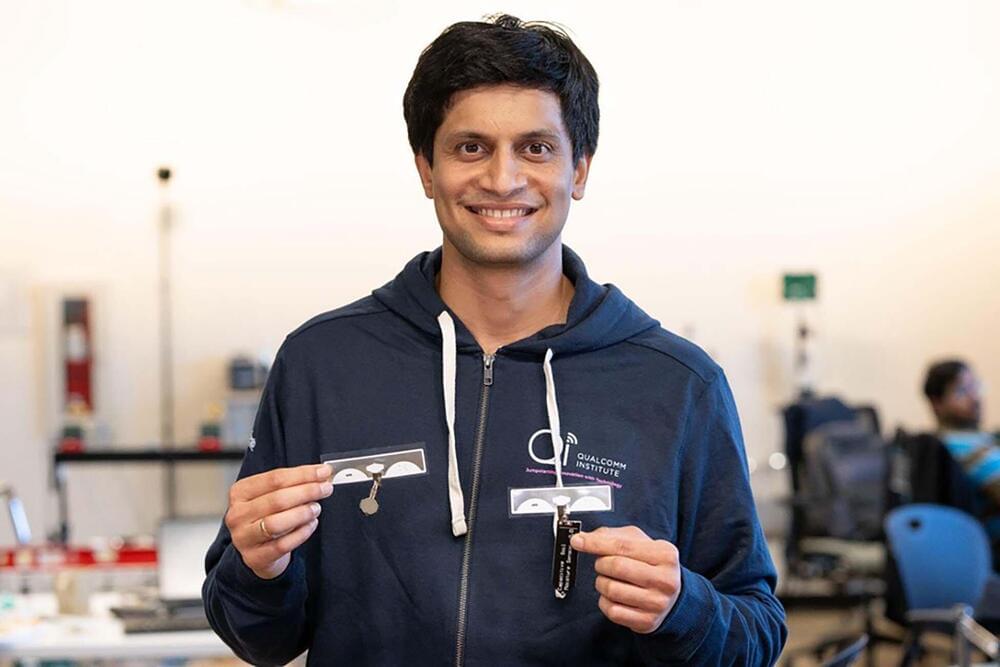How long until humans are made redundant by the evolution of technology? Is there an inherent difference between men and women’s intelligence? Daniel Dennett answers questions from the audience following his talk. Watch the main event here: • Information, Evolution, and intellige…
Subscribe for regular science videos: http://bit.ly/RiSubscRibe.
The concept of information is fundamental to all areas of science, and ubiquitous in daily life in the Internet Age. However, it is still not well understood despite being recognised for more than 40 years. In this talk, Daniel Dennett explored steps towards a unified theory of information, through common threads in evolution, learning, and engineering.
The Ri is on Twitter: / ri_science.
and Facebook: / royalinstitution.
and Tumblr: / ri-science.
Our editorial policy: http://www.rigb.org/home/editorial-po…
Subscribe for the latest science videos: http://bit.ly/RiNewsletter






